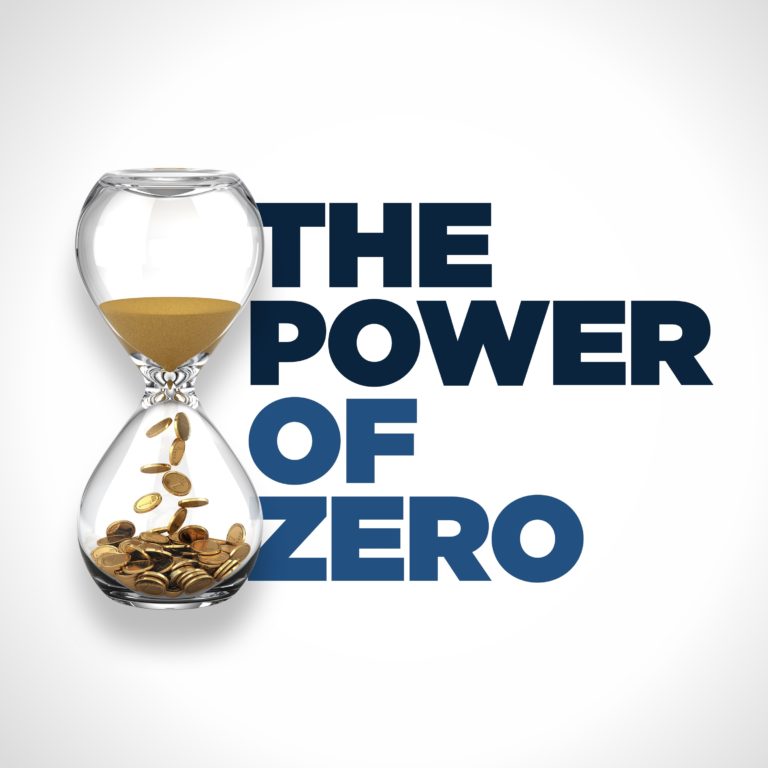Now that Joe Biden has the pandemic relief bill behind him, he can begin to focus on his tax plan which he heavily campaigned on before the election.
Joe Biden’s pledge that nobody making less than $400,000 per year will face tax increases has a small asterisk next to it. That threshold only applies to families, and if you are filing as an individual, your threshold is $200,000, which means it will come into play for a much larger number of people.
He is still planning on increasing the taxes on corporations, going up from 21% to 28%. For all intents and purposes, this will be felt like a stealth tax for most people since this will likely result in prices going up.
If you make more than $400,000, your tax rate will rise from 37% to 39.6%, but he also wants to cap itemized deductions at 28%.
Joe Biden tends to view the current system of 401(k) deductions as unfair to people in lower tax brackets, so he’s also planning on leveling that out. This will ultimately result in getting the 401(k) deduction on the front end. That makes much less sense if you are in the 26% tax bracket or above. You are much better off taking the Roth approach and paying taxes on those dollars today so they can grow tax-free in the future.
The arrival of the tax bill is still up in the air until we have more information regarding the vaccine rollout.
Social Security is also a major focus for a number of reasons. Biden has discussed some major changes to the taxation scheme for the Social Security Payroll tax to try to shore up the coming shortfall.
Social Security was previously projected to be insolvent by 2034 and Medicare by 2026. Those projections have been revised to 2031 and 2022.
As a president, they typically try to accomplish their biggest changes in the first 100 days in office, which is why there is such a big emphasis on tax reform so early in Biden’s administration.
All these changes are likely to take place this year because of the Democrats only needing a simple majority to make it happen.
For those who make more than $1 million per year, he wants to make it so that capital gains are taxed at ordinary income. He has also talked about raising the estate tax rate, which could impact people looking to pass their businesses and wealth onto the next generation.
There has also been discussion around eliminating the state and local taxes deduction, but that could be seen as a tax break for the wealthy, which is something that he’s trying hard to avoid.
More recently, one of Joe Biden’s big initiatives is a $2 to $3 trillion infrastructure package, which may be combined with his tax legislation proposals. This indicates that any tax increases coming down the pipe are not going to be earmarked to pay down debt or shore up the things that will be driving debt going forward.
There is currently nothing in the works to shore up Medicare or Social Security to any real extent or paying down the national debt.
Joe Biden is currently contemplating extending the Jobs Act tax cuts implemented by Trump and pushing them back all the way to 2030, at which point they would revert back to 2017 levels.
2030 is likely to be a point of reckoning for America. The country will probably be in such dire straits by then that the government will have to raise taxes across the board on every tax-paying American.
Ed Slott believes that the math will force the government to raise taxes on Americans starting next year, but David disagrees. If you raise taxes on mainstreet America before you are absolutely required to do so, you will probably be voted out of office, but that time will come.
There is a slim possibility that we will see higher taxes for people making less than $400,000 as Americans begin to recognize that there is just not enough revenue to pay for all the entitlement programs.
We will see the tax reform bill over the next couple of months, and it will probably be pushed through budget reconciliation. In terms of the extended tax cuts, assuming they come to pass, you now have nine years to shift your money to the tax-free bucket which could be very beneficial.
The lower the tax bracket you are in as you shift money to tax-free, the more money that stays in your pocket, and the longer your retirement savings lasts.



